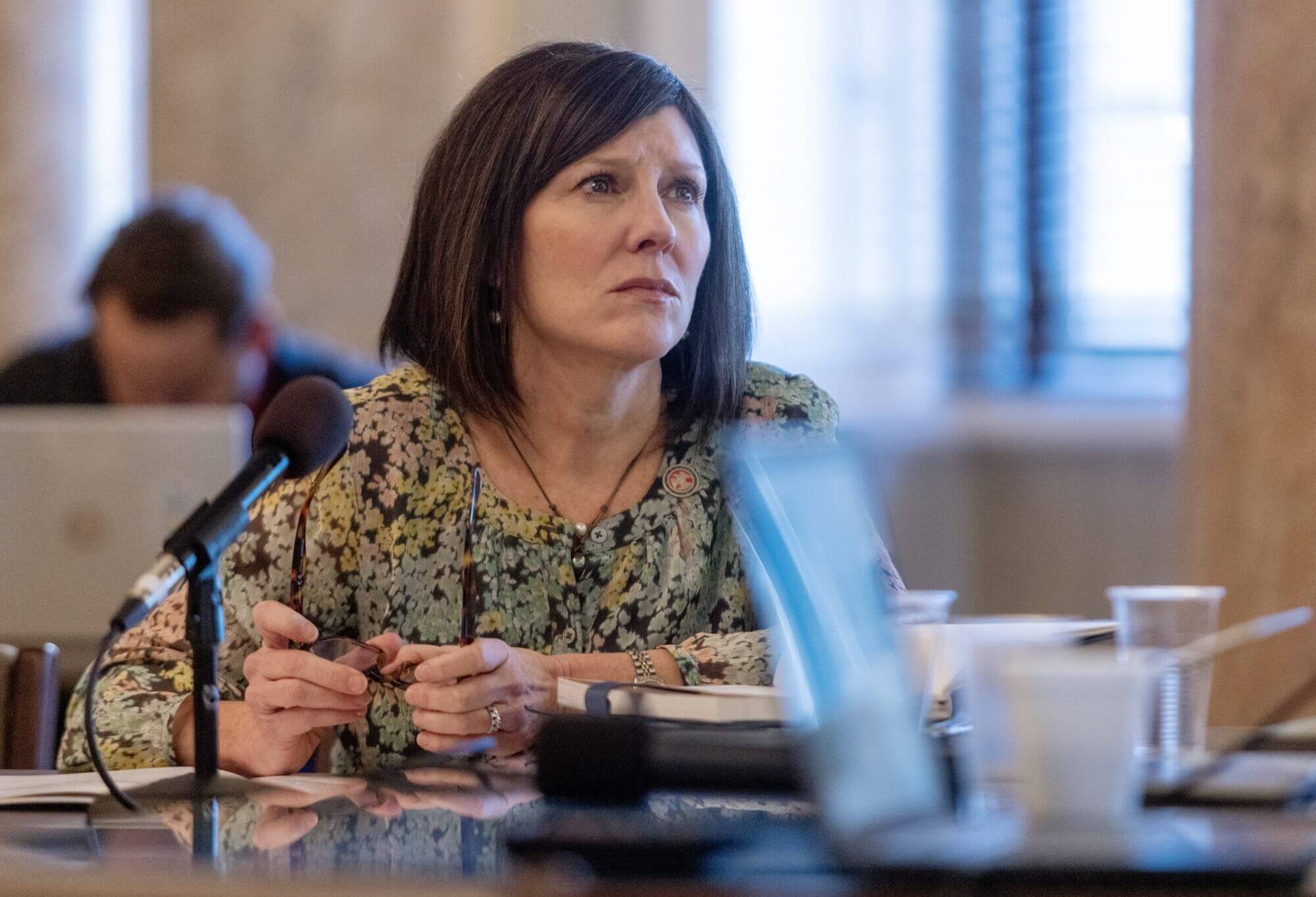

A key Mississippi lawmaker says low-income pregnant women should soon receive faster access to medical services because the federal government has approved a Mississippi law that was on hold for more than a year.
“We know that prenatal care is critical for pregnant women,” House Medicaid Committee Chairwoman Missy McGee, a Republican from Hattiesburg, said Wednesday. “It will give them the best opportunity to deliver a healthy, full-term baby.”
The law allows pregnant women to be presumed eligible for Medicaid coverage while their applications are pending. It was first passed in 2024 but has been stalled because of a discrepancy between state and federal requirements.
Mississippi lawmakers revised the state requirements this year to match federal guidelines. The new bill became law without Republican Gov. Tate Reeves’ signature in March, and the Centers for Medicare and Medicaid Services approved the policy Thursday.
Women will be able to take advantage of the program after providers are trained to make eligibility determinations, Mississippi Medicaid spokesperson Matt Westerfield said Wednesday. The agency aims to schedule training sessions for early August.
McGee led efforts to enact the policy. She said it aims to ensure pregnant women have the opportunity to see a doctor in the early weeks of pregnancy in a state with some of the nation’s highest infant and maternal mortality rates.
Without presumptive eligibility, pregnant women who are eligible for Medicaid must go without care or pay out of pocket while they wait for their application to be processed.
The preterm birth rate in Mississippi is 15% – the highest in the nation, according to March of Dimes. Over 13% of Mississippi women did not receive prenatal care until the fifth month of pregnancy or later in 2024, meaning they received less than 50% of the appropriate number of recommended visits during pregnancy.
Medicaid funds 57% of births in Mississippi, the second highest share in the nation after Louisiana.
To be eligible for the program, women must be at or below 194% of the federal poverty level – an income of about $31,000 for one person or about $53,000 for a family of three. Those approved will receive 60 days of coverage for outpatient care while their application is processed. The average processing time for Mississippi Medicaid and Children’s Health Insurance Program applications is 16 days, Westerfield said.
Providers must complete an application and undergo eligibility determination training before they are approved by the Mississippi Division of Medicaid to participate in the program, according to an explainer published on the agency’s website in 2024.
Sixteen providers are currently approved and trained for the program, Westerfield said. They will be retrained alongside any newly applied providers.
The Division of Medicaid will make a list of providers available on its website after they are trained, he said.
McGee said the next step will be for providers, county health departments and Medicaid managed care organizations to educate people who are eligible to seek the benefit of the program.
The 2024 legislation included a proof of income requirement, which the CMS did not allow, maintaining instead that vocal testimony should suffice for eligibility determination purposes.
McGee said alterations to the law, which included removing the proof of income and proof of pregnancy requirements, did not change its intent.
“The simplest thing was to make those fixes,” she said.
Legislators also passed a law in 2023 that gives mothers Medicaid coverage for one year after they give birth.
Mississippi joins other states that passed presumptive eligibility bills this year, including Alabama and Arkansas.
McGee said she is pleased Mississippi’s presumptive eligibility for pregnant women has finally received federal approval.
“We felt this was imperative and a very important step towards getting off the top of some very negative lists,” she said.
- State Supreme Court considers reviving former Gov. Phil Bryant’s lawsuit against Mississippi Today over welfare scandal coverage - February 18, 2026
- Winter storm update: Mississippi still waiting on fed declaration for individual assistance, lawmakers crafting plan to fund recovery - February 18, 2026
- Shy of special session, Mississippi school choice appears dead - February 18, 2026